![Top Interviewing Techniques for Technical Skill Assessment [2025] 1 Post thumbnail](https://www.guvi.in/blog/wp-content/uploads/2023/11/technical_skills_assessment.webp)
Top Interviewing Techniques for Technical Skill Assessment [2025]
Mar 06, 2025 6 Min Read 3488 Views
(Last Updated)
Finding the right talent with technical skills poses a major challenge for organizations in today’s job market. Technology helps businesses stay competitive, and they just need candidates with strong technical expertise more than ever.
Technical skill assessments help assess a candidate’s knowledge of coding algorithms, data structures, and common software development terms. These assessments do more than verify resume skills. They create a level playing field where true talent can shine, whatever the background or connections.
Technical skills play a crucial role in modern workplaces. Employees who excel at using state-of-the-art tools and advanced technologies push industries forward. Hence, in this article we will be discussing some major points about these assessments and the best interviewing techniques for assessing candidates
Table of contents
- Understanding Technical Skill Assessment
- What makes a good technical assessment
- Key skills to assess
- The Top 6 Interviewing Techniques for Technical Skill Assessment
- 1) Define Clear Evaluation Criteria
- 2) Use a Mix of Interview Formats
- 3) Ask Open-Ended and Problem-Solving Questions
- 4) Use Ground Scenarios
- 5) Look at Soft Skills Among Technical Abilities
- 6) Employ AI-Based and Automated Assessment Tools
- Introducing HYRE by GUVI for Corporates
- Common Mistakes to Avoid in Technical Interviews
- 1) Over-Reliance on Tricky Algorithmic Questions Unrelated to the Job
- 2) Not Considering Real-World Project Experience
- Takeaways…
- FAQs
- Q1. How can I effectively assess technical skills during an interview?
- Q2. What are the key elements of a successful technical interview?
- Q3. How can I prepare for a technical assessment interview?
- Q4. What types of technical skill assessments are commonly used in interviews?
- Q5. How important are soft skills in technical interviews?
Understanding Technical Skill Assessment
Technical skill assessment is the life-blood of determining how well candidates can handle specific job duties. Companies want to build top-performing teams, so they need to know what makes a technical assessment work.
![Top Interviewing Techniques for Technical Skill Assessment [2025] 2 technical skill assessment](https://www.guvi.in/blog/wp-content/uploads/2025/03/Understanding-Technical-Skills-Assessment@2x-1200x630.png)
What makes a good technical assessment
A good technical assessment gives an unbiased picture of what candidates can do. Recent studies show that 92% of talent professionals see skill assessment as vital to better hiring decisions. Companies that use real-life scenario tests have seen their employee retention rates jump by 50%.
A technical assessment that works well needs these key elements:
- Customization and Flexibility: Tests should line up with job needs and what the organization wants. Studies show that 78% of educators believe personalized testing tools give better results.
- Real-life Scenarios: Tests should go beyond theory and include hands-on problems that match workplace challenges. This helps show how well candidates use their technical knowledge in actual situations.
- Detailed Evaluation Framework: The assessment should test both technical skills and problem-solving abilities. Companies that properly analyze their test results use 78% of their data to make smart choices about employee performance and skill gaps.
- Clear Evaluation Criteria: Setting clear standards will give fair and consistent evaluation for all candidates. This helps remove bias and creates a well-laid-out testing framework.
Key skills to assess
Tests should focus on specific skills that directly affect job performance. Research shows these areas need special attention:
Core Technical Competencies:
- Programming and coding skills
- System design abilities
- Debugging and troubleshooting expertise
- Knowledge of relevant tools and frameworks
Problem-solving Abilities: Tests must show how candidates handle complex challenges. Senior-level candidates should know how to deal with unclear situations and combine multiple competing needs quickly.
Practical Application: Industry experts say technical assessments should test a candidate’s ability to:
- Write clean, bug-free code
- Design adaptable systems
- Find and fix issues in existing code
- Work with limited resources
Communication Skills: Beyond technical know-how, candidates should show they can:
- State their thinking clearly
- Explain technical concepts well
- Cooperate with team members
- Present solutions that others understand
A technical assessment usually mixes hands-on exercises with knowledge questions to test concept understanding. On top of that, it can help screen candidates early or make final hiring decisions.
The Top 6 Interviewing Techniques for Technical Skill Assessment
Technical skill assessment becomes more effective with a well-laid-out approach that blends traditional and modern methods. Here are six interview techniques that help organizations find the best technical talent:
![Top Interviewing Techniques for Technical Skill Assessment [2025] 3 Key Interviewing Techniques for Technical Skills Assessments@2x](https://www.guvi.in/blog/wp-content/uploads/2025/03/Key-Interviewing-Techniques-for-Technical-Skills-Assessments@2x-1200x630.png)
1) Define Clear Evaluation Criteria
The foundation of an effective technical interview is a well-defined evaluation framework. Before conducting an interview, it is essential to outline the key skills required for the role, such as programming proficiency, debugging capabilities, problem-solving ability, and system optimization skills. This ensures that interviewers assess candidates consistently based on relevant competencies rather than subjective impressions.
Using a structured scoring system can help eliminate bias and improve hiring accuracy. Each candidate’s performance can be rated based on predefined metrics such as code efficiency, correctness, scalability, and adaptability to real-world scenarios. Weighting different skills appropriately based on job role requirements ensures a fair comparison between candidates.
2) Use a Mix of Interview Formats
A variety of interview formats can provide a well-rounded assessment of a candidate’s technical abilities:
- Live Coding Challenges: These real-time coding exercises test a candidate’s logical thinking, problem-solving speed, and ability to work under pressure. Interviewers can observe how candidates approach problems, write code, and debug in real time.
- Pair Programming: This collaborative technique evaluates how well a candidate works in a team. It helps assess code quality, problem-solving approach, and communication skills as they work alongside an interviewer on a shared coding task.
- Behavioral Interviews: While technical skills are crucial, a candidate’s ability to think critically and adapt to challenges is equally important. Behavioral interviews focus on real-life problem-solving experiences, often using the STAR (Situation, Task, Action, Result) method to assess a candidate’s approach to challenges in past roles.
3) Ask Open-Ended and Problem-Solving Questions
Rather than focusing on simple technical questions, open-ended problems allow candidates to demonstrate their logical thinking, creativity, and structured problem-solving approach. Instead of expecting just a correct answer, interviewers should assess the candidate’s thought process, efficiency, and ability to optimize solutions.
Questions like:
- How would you optimize a database query handling millions of records?
- Explain how you’d debug a memory leak in a C++ application.
- Design an algorithm to find duplicate elements in a list efficiently.
Such questions encourage candidates to break down problems systematically, articulate their thought processes, and explore different approaches.
4) Use Ground Scenarios
Using real-world technical scenarios provides a more practical assessment of a candidate’s ability to handle tasks they will face in the job. Instead of theoretical questions, candidates can be given case studies or system design problems that mimic actual workplace challenges.
For example, a frontend developer may be asked to optimize a web page’s load time, while a backend engineer may need to design a scalable API for a high-traffic application. Real-world tasks not only help assess technical expertise but also reveal a candidate’s problem-solving approach, debugging skills, and architectural knowledge.
5) Look at Soft Skills Among Technical Abilities
Technical interviews should not solely focus on coding skills. A successful engineer must also possess strong communication, adaptability, and teamwork skills. Candidates should be assessed on how well they explain their solutions, justify trade-offs, and collaborate with teams.
Using behavioral interview techniques like the STAR method, interviewers can evaluate how candidates approach complex problems in real-world situations. Sample behavioral questions include:
- Tell me about a time you faced a major bug in production and how you handled it.
- Describe a situation where you had to work with a difficult team member on a technical project.
These questions provide insight into how candidates handle pressure, communicate solutions, and adapt to unexpected challenges.
6) Employ AI-Based and Automated Assessment Tools
AI-driven assessment platforms can streamline the technical interview process by providing objective, data-driven insights into a candidate’s skills. Platforms like HackerRank, Codility, LeetCode, and CodeSignal enable recruiters to:
- Evaluate coding efficiency and correctness using automated grading.
- Analyze code quality and optimization techniques using AI-based assessments.
- Generate reports on a candidate’s strengths and weaknesses based on predefined benchmarks.
By integrating AI tools, companies can reduce bias, speed up the hiring process, and ensure that assessments remain consistent and scalable.
Companies using AI-based technical assessments need 40% less time for onboarding, and their candidates show 60% better problem-solving skills compared to traditional methods.
Introducing HYRE by GUVI for Corporates
If you are looking for such an all-rounder tool, explore HYRE, a 360-degree, AI-powered assessment tool by GUVI for corporates. HYRE comes with a pre-structured assessment pipeline – a seamless end-to-end recruitment process & competency screening tool that filters the best candidates by conducting regular assessments, HR screening calls & technical interviews. This is trackable using a structured assessment pipeline so you don’t miss out on anything.
It has a great library with questionnaire templates with customizable difficulty levels for individual job roles. It enables you to schedule tests at the preferred time and date according to your Organization’s convenience. You can also automate tests and send them to any number of candidates at a set date, time, and event.
HYRE streamlines the proctoring & evaluation process involved in talent acquisition, making the job easy for recruiters. You can also track your efforts through an all-in-one dashboard. This analytical space helps to get time-to-time, instantaneous reports, and keep your metrics in check, including metrics like:
- Total number of candidates
- Candidates who appeared for the test
- Number of candidates hired for the role
- Number of tests that ran successfully
- Templates employed, and more.
With HYRE, You can monitor candidates’ performance and detect suspicious activities like copy-paste, tab switch, idle movements, unusual responses, etc. Record your candidates’ performances in video snippets. Review them later when you interview the candidate or if needed. This way, you can understand the genuineness of the candidate and avoid misconduct or any suspicious activities during the assessment.
AI-based video surveillance of HYRE is a time-saving and efficient way to ensure productivity in the recruitment process. This feature enables you to automatically detect abnormal movements, unusual occurrences, malpractice, or any mishaps during the assessment sessions.
The applicant tracking system in HYRE streamlines your recruiting process, filters out the candidates, and drives you toward the right fit for your organization. This feature serves as a control hub for candidate management and reduces your cost-per-hire as well.
Common Mistakes to Avoid in Technical Interviews
![Top Interviewing Techniques for Technical Skill Assessment [2025] 4 Common Mistakes to Avoid in technical Interviews@2x](https://www.guvi.in/blog/wp-content/uploads/2025/03/Common-Mistakes-to-Avoid-in-technical-Interviews@2x-1200x630.png)
1) Over-Reliance on Tricky Algorithmic Questions Unrelated to the Job
One of the biggest pitfalls in technical interviews is focusing too much on complex algorithmic puzzles that have little relevance to the actual job. While questions on data structures and algorithms (DSA) are essential for assessing problem-solving skills, many real-world roles don’t require daily use of advanced algorithms like graph theory or dynamic programming.
For example, a front-end developer is unlikely to use Dijkstra’s algorithm in their daily work, so testing them on it rather than JavaScript frameworks or UI development skills is ineffective. Similarly, DevOps engineers rarely need to implement merge sort from scratch but must understand CI/CD pipelines and infrastructure automation.
Instead of relying on abstract puzzles, interviewers should focus on practical coding assessments related to the role. Asking candidates to build a small feature, debug code, or optimize a slow query provides a much better measure of their skills.
2) Not Considering Real-World Project Experience
Another common mistake is overlooking a candidate’s actual project experience in favor of theoretical knowledge. A candidate who has built scalable applications, worked with production systems, or contributed to open-source projects often brings more practical value than someone who excels at algorithmic challenges but lacks hands-on experience.
For example, a backend developer with experience in database optimization, API design, and security best practices is likely more valuable than someone who merely knows how to reverse a linked list. Similarly, a mobile app developer who has built and deployed real-world apps should be assessed on framework expertise (React Native, Flutter, Swift, or Kotlin) rather than theoretical knowledge of mobile architecture.
Interviewers should ask questions about past projects, such as:
- What was the most challenging bug you encountered in a project, and how did you fix it?
- How do you ensure the scalability of your applications?
- Can you walk us through a performance optimization you implemented?
By focusing on real-world skills, debugging abilities, and project experience, companies can hire engineers who are job-ready rather than just good at theoretical tests.
Takeaways…
As we wrap up our discussion, I’m sure you’ve come to understand that conducting effective technical skill assessments is essential for identifying the right talent in today’s competitive job market. The best interviewing techniques combine structured coding assessments, real-world problem-solving tasks, behavioral interviews, and automated tools to evaluate a candidate’s technical proficiency and practical knowledge.
As we discussed above, a well-balanced approach would include coding challenges, system design discussions, and scenario-based problem-solving to assess logical thinking and adaptability. Additionally, focusing on soft skills, teamwork, and communication ensures that candidates can collaborate effectively in real-world projects. Leveraging AI-driven tools and standardized evaluation metrics further enhances the fairness and efficiency of the hiring process.
By implementing a structured, fair, and engaging interview process, organizations can make better hiring decisions, reduce bias, and create a positive candidate experience. Because ultimately, the goal is to identify not just skilled developers but well-rounded professionals who can contribute to long-term success.
FAQs
Present candidates with relevant scenarios or problems related to the role. For example, ask a web developer to build a simple web page or debug a code snippet. This approach allows you to evaluate their practical skills and problem-solving abilities in a real-world context.
A successful technical interview should include clear evaluation criteria, a mix of interview formats (such as coding challenges and behavioral questions), open-ended problem-solving questions, and assessment of both technical and soft skills. It’s also beneficial to leverage real-world scenarios and consider using AI-based assessment tools for more objective evaluations.
Focus on reviewing fundamental concepts in your field, practice coding problems, and familiarize yourself with common interview formats like whiteboard coding or take-home assignments. Additionally, prepare to discuss your past projects and how you’ve solved technical challenges. Be ready to explain your thought process clearly when tackling problems during the interview.
Common types include written tests (multiple choice and short answer questions), practical tests (coding challenges and simulation-based assessments), oral assessments (technical interviews and presentations), and project-based assessments. Some companies also use AI-powered tools for automated coding tests and skill evaluations.
Soft skills are increasingly important in technical roles. Interviewers often assess communication skills, teamwork capabilities, adaptability, and problem-solving approaches alongside technical abilities. Strong soft skills can significantly enhance a candidate’s overall appeal, as they contribute to better collaboration and innovation within teams.





















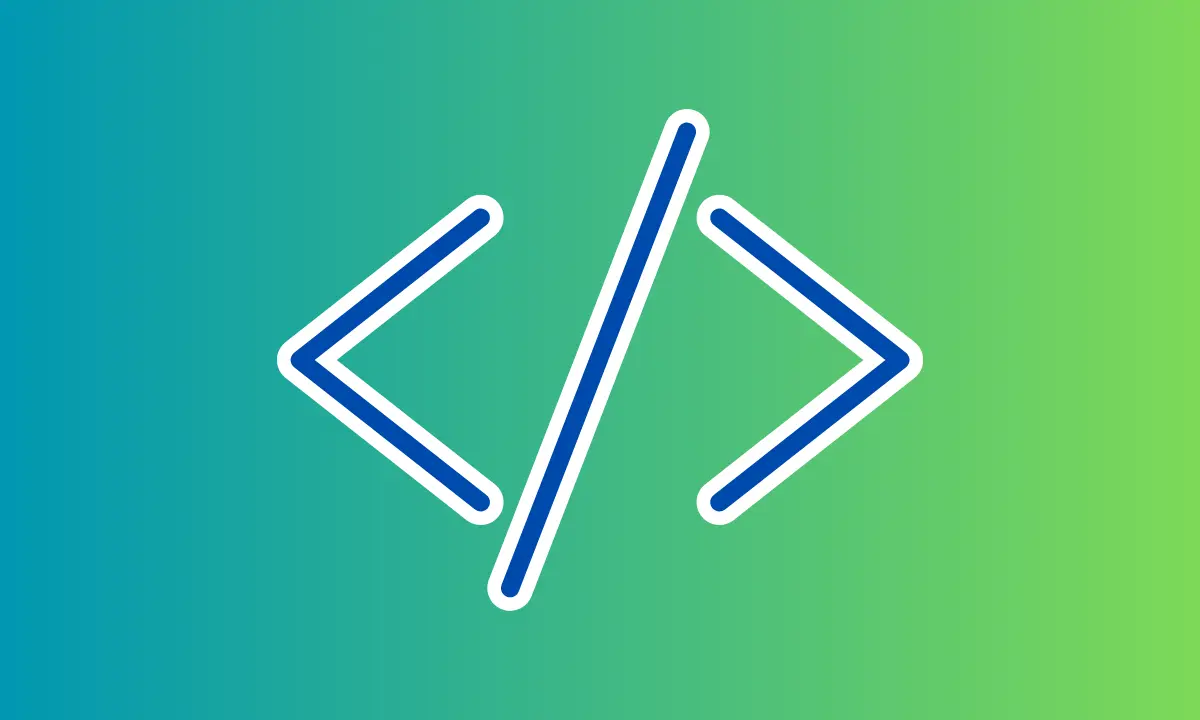

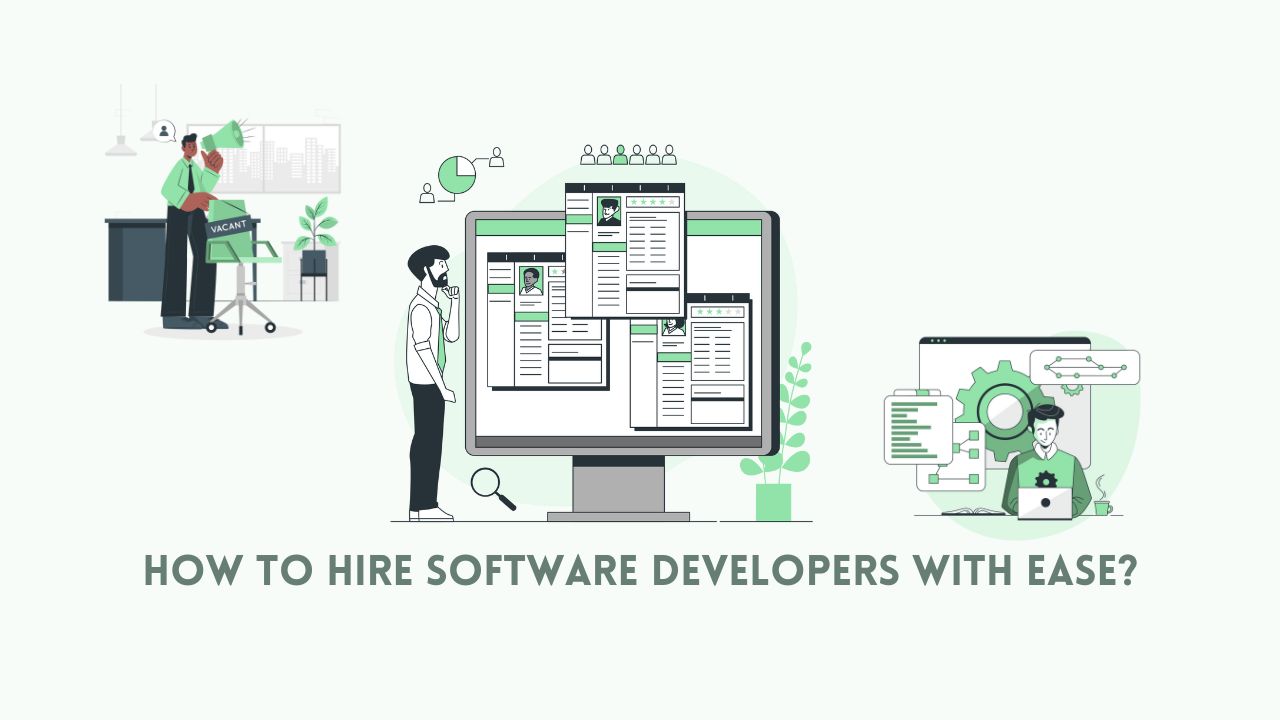

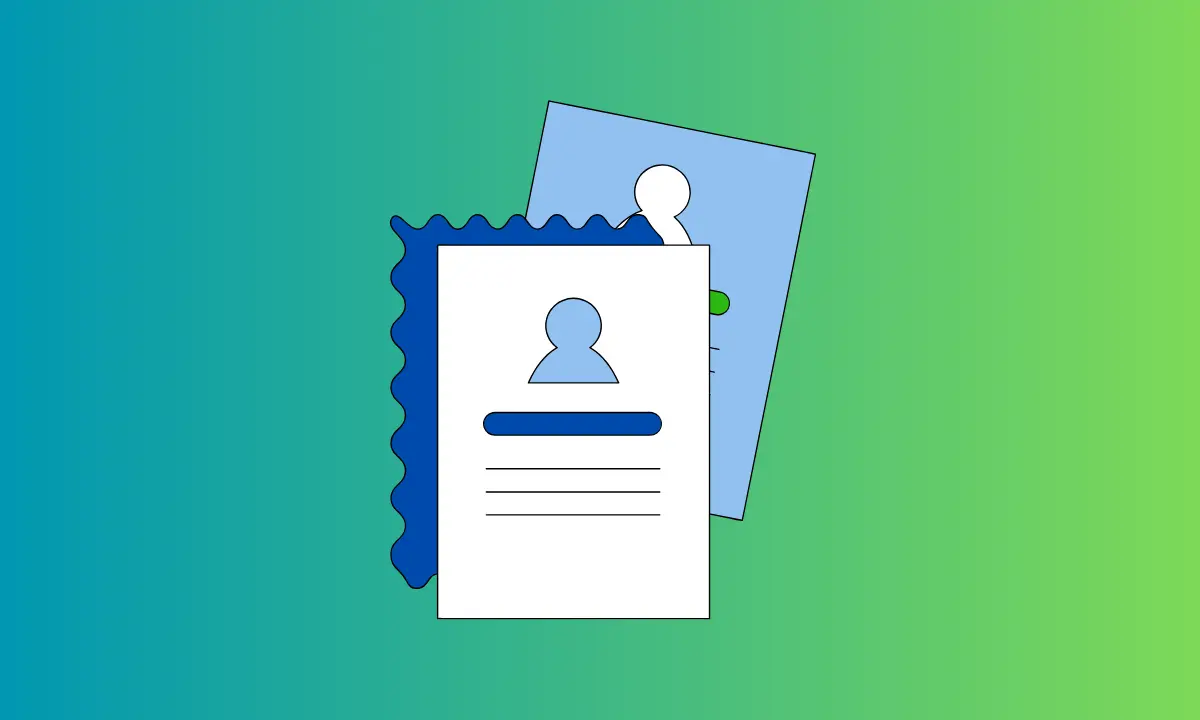
![Measuring ROI on Tech Talent Acquisition: Strategies and Best Practices [2025] 10 Feature image - Measuring ROI on Tech Talent Acquisition Strategies and Best Practices](https://www.guvi.in/blog/wp-content/uploads/2024/01/Feature-image-Measuring-ROI-on-Tech-Talent-Acquisition-Strategies-and-Best-Practices.webp)

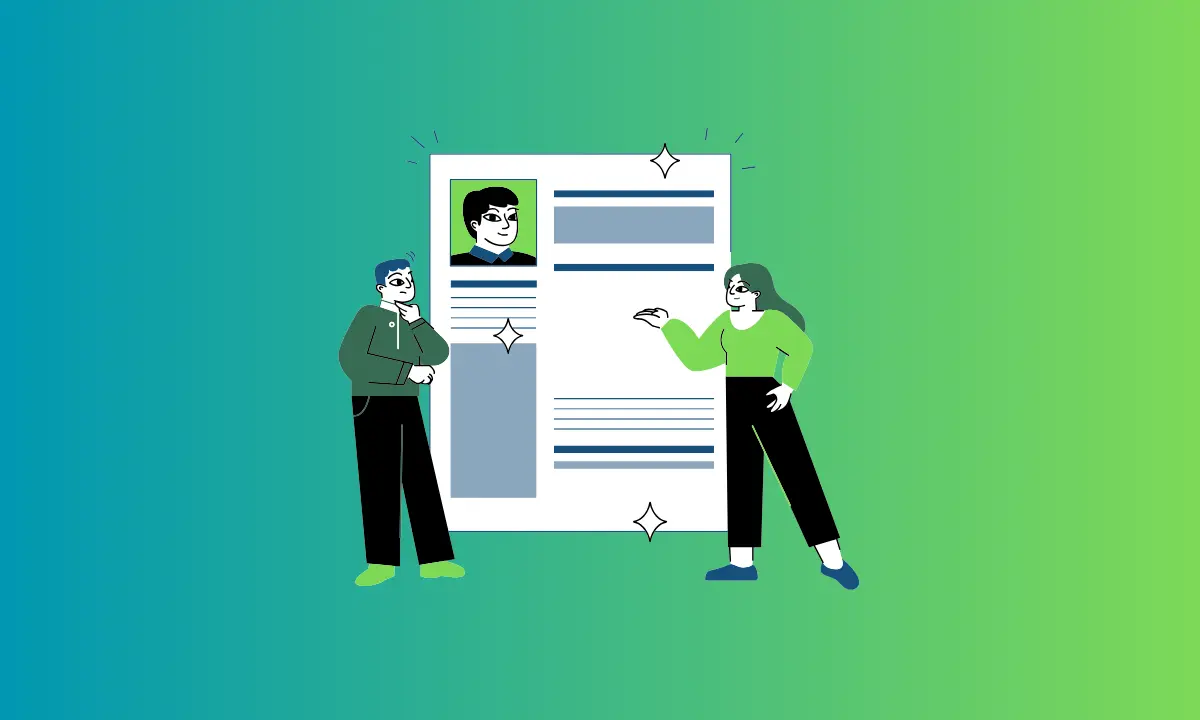
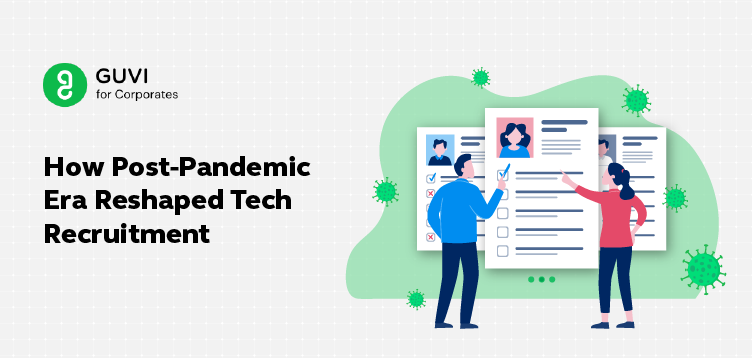

Did you enjoy this article?